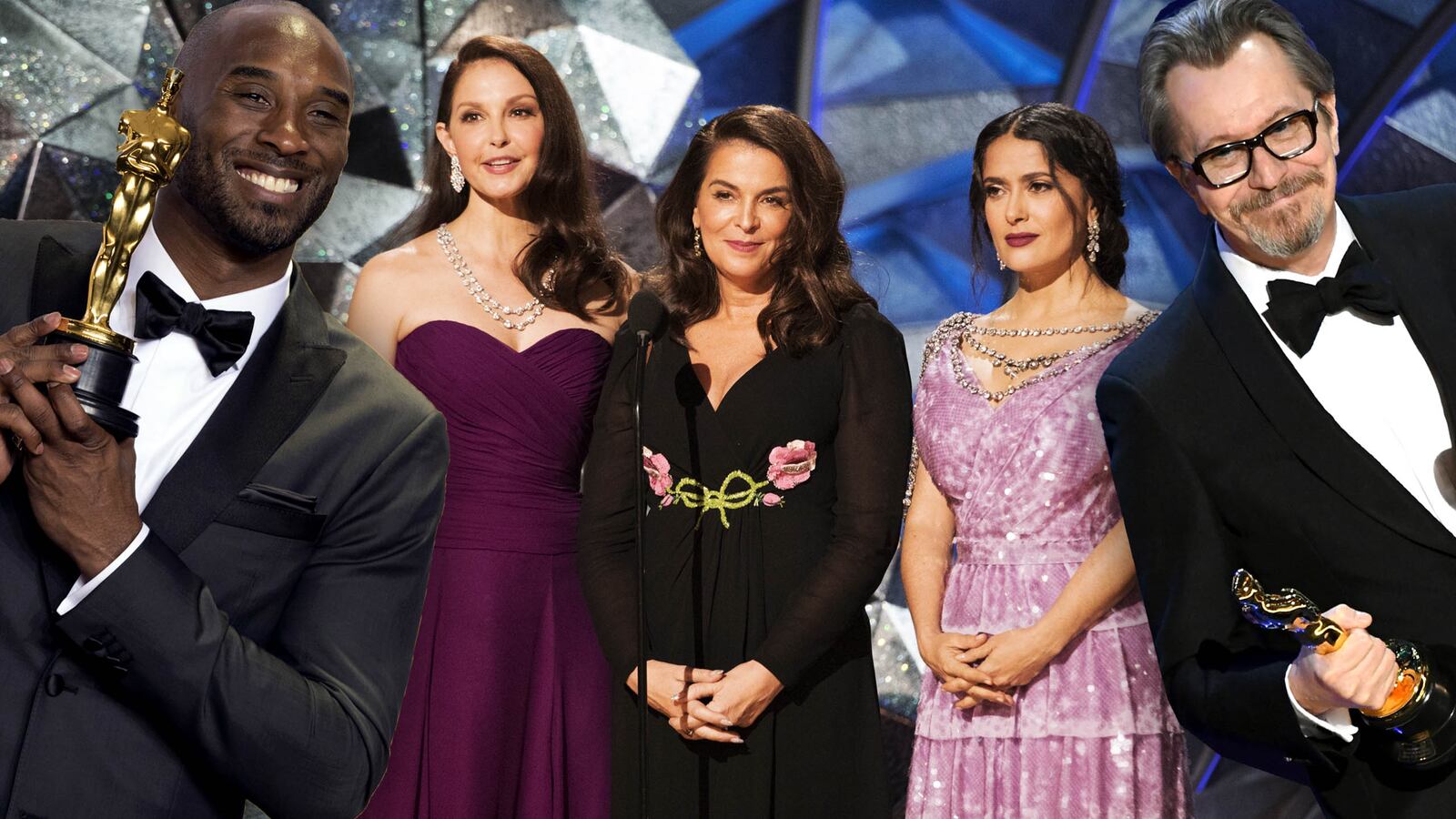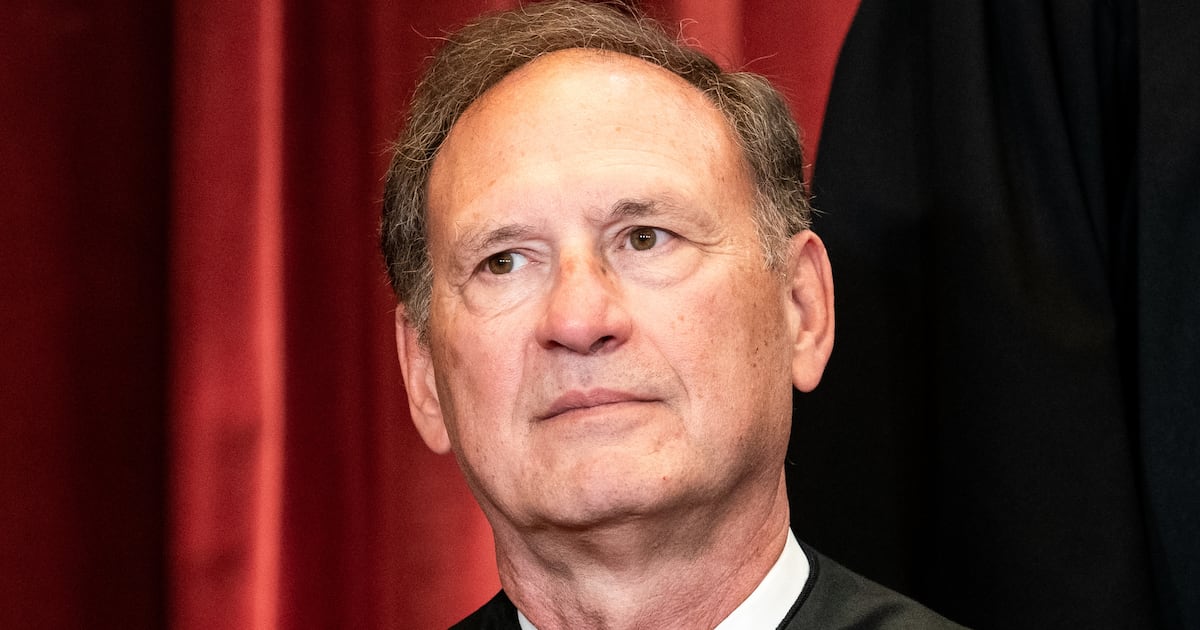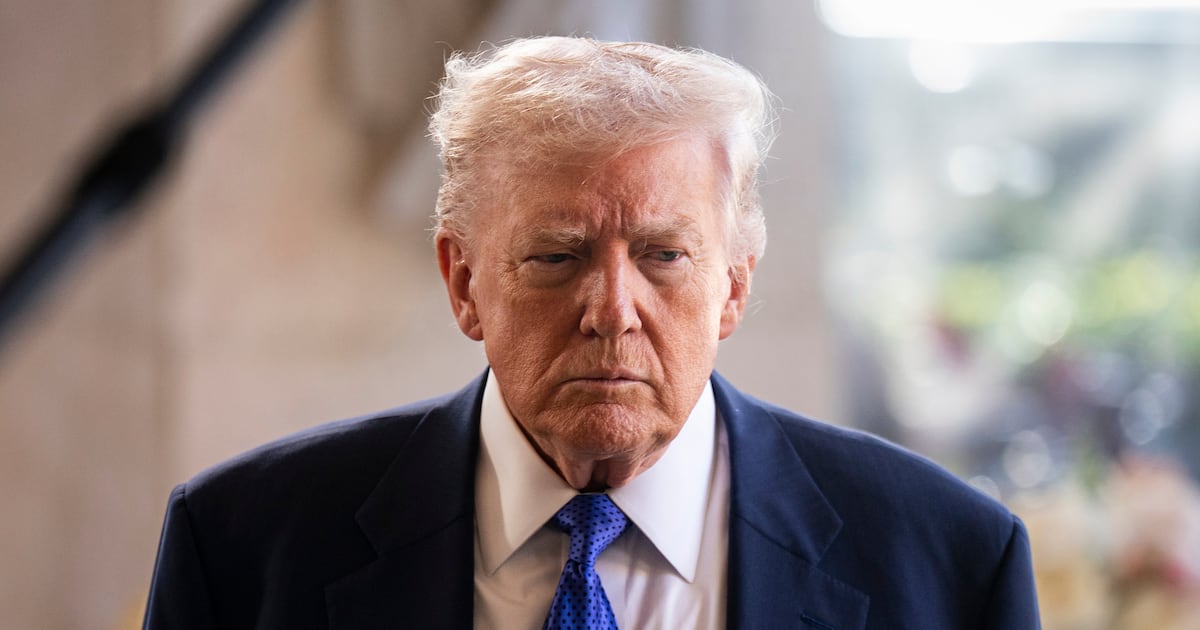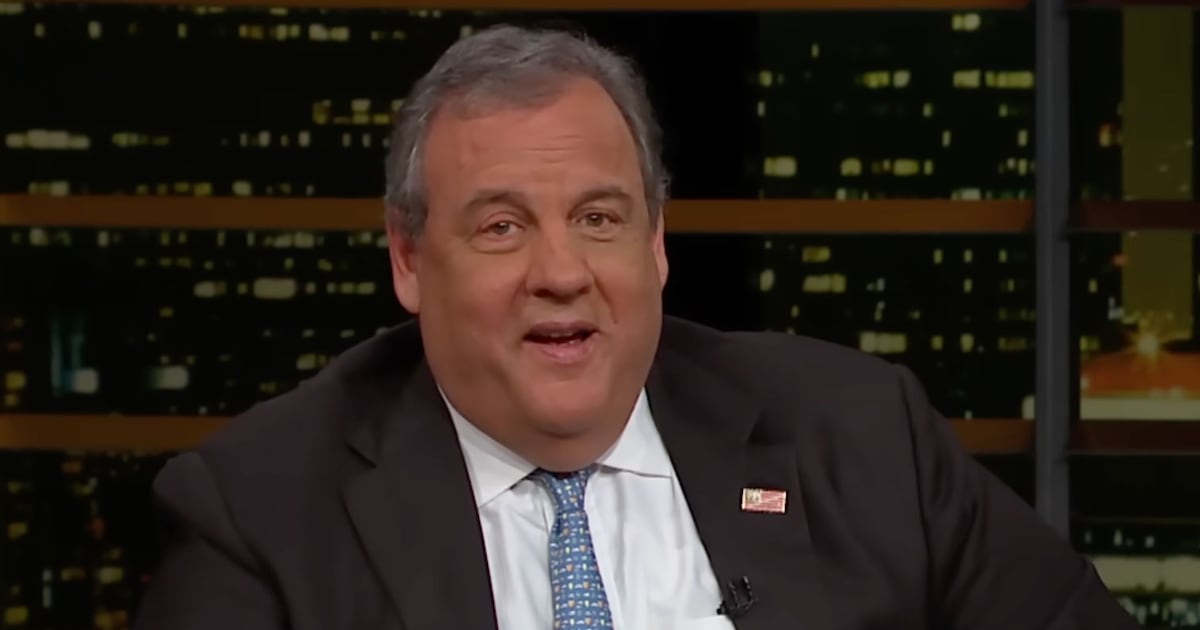The Oscars telecast, clocking in at four hours and 50 minutes, was chock-full of carefully-produced moments. Yet it couldn’t live up to its own.
This year’s Academy Awards arrived at the crest of a cultural movement—an award season in which #MeToo and Time’s Up have been mentioned with as much frequency as “thank you”—and at a rare time when Hollywood has actually been embraced for being political, amplifying the siren calls and rage-screams of the country’s collective exasperation.
Yet Sunday night’s Oscars show fumbled its treatment of both, with awkward glances to the issues that have galvanized the industry and, really, the world these last months. It took Best Actress winner Frances McDormand, rousing all the nominated women in the theater to stand up as she implored the industry to give them opportunity, to create the Oscars moment we all wanted—even needed—but that the show couldn’t produce itself.
The Academy did right by inviting Ashley Judd, Annabella Sciorra, and Salma Hayek Pinault to present together on stage and producing a Time’s Up-themed documentary celebrating film’s trailblazers in gender, race, and representation. A performance of “Stand Up For Something” from Common and Andra Day featuring 10 activists (read their names here) was rightfully emotional.
But more than most years, there seemed to be insurmountable tension between wanting the Oscars to be what they are—a glamorous, if sometimes frivolous, ceremony that hands out awards for moviemaking—and wanting them to be an avatar for the cultural moment.
It was a ceremony about history, with many references to the show’s 90th anniversary. But it was also a ceremony about the future, of the industry and of these movements, and the telecast proved itself not nimble enough to straddle those two spaces.
The Academy pats itself on the back for its support of the Time’s Up initiative so often poor Oscar’s probably got a bruise on his shoulder blades. But when it came to the people who took home trophies, time’s not really up so much as the Academy seems to have conveniently lost track of it.
How else to explain wins completely at odds with the movement? Kobe Bryant, who was accused of rape in 2004, won an Oscar for Best Animated Short; then Gary Oldman, who was accused of assaulting his wife 2001, took home Best Actor. And if McDormand’s speech didn’t do enough to expose the egregious gender gap at the Oscars, the fact that this year produced the fewest female winners in six years might.
There was also the lunacy in E!’s decision not to pull Ryan Seacrest from his position as red carpet host as he faces accusations of sexual misconduct, resulting in nearly every A-lister at the ceremony snubbing the network completely. The ones who did stop by, of course, were not asked by Seacrest about the #MeToo movement that has defined the year in the industry, essentially silencing the conversation on the most watched pre-show telecast in the country.
Aside from politics, maybe the biggest reason to tune in was because of how badly the Academy screwed up last year, with the jaw-dropping Best Picture envelope gaffe. Being noteworthy because of your failure is certainly a unique position to be in. The mission of this year’s telecast, then, seemed to be: “don’t be a disaster.” And it was hardly that, largely because of the lack of any big swing that would make it so—but also which would make it a memorable success.
Jimmy Kimmel’s monologue was perfectly fine and definitely safe. He checked all the boxes of what we expected him to address: Harvey Weinstein, equality, Parkland, that Trump guy really sucks, huh? He retreaded all the standards: Boy, Meryl Streep is great! Speeches can be really long! Nothing was particularly edgy, but all of it was necessary. Is “perfunctory” a tone? Because that’s what the monologue was.
Aside from McDormand, several speeches touched on politics and representation, including Guillermo del Toro’s Best Director and Bobby Lopez and Kristen Anderson-Lopez’s Best Original Song speeches. But you wouldn’t confuse either of them for being an Oprah moment.
Lupita Nyong’o and Kumail Nanjiani talked about being immigrants and offered support for the Dreamers. Tiffany Haddish and Maya Rudolph did a bit riffing on the progress since the #OscarsSoWhite debacle that was pitch-perfect. (A quick sidebar to say that nearly all the presenter pairings were brilliant. Armie Hammer and Gal Gadot? Jennifer Lawrence and Jodie Foster? Jane Fonda and Helen Mirren? Brilliant.)
Common dropped a freestyle rap criticizing the NRA, and Emma Stone cannily remixed Natalie Portman’s Golden Globes mic drop by introducing the “four men and Greta Gerwig” nominated for Best Director. And there was wonderful representation, from Daniela Vega being the first transgender performer to present to a speech delivered in sign language to the scripts for Get Out and Call Me by Your Name winning to the gay designer who was told to “just really go for it, sweetie” with this year’s stage set and, boy, really did.
But until Frances McDormand took the mic, none of these felt like a moment, at a time that calls for a MOMENT in all-caps.
And any meaningfulness these lowercase moments mustered were tainted by juvenile, distracting bits.
Nothing punctuates a historic presentation by the trio of Ashley Judd, Annabella Sciorra, and Salma Hayek Pinault like forcing Armie Hammer to fire a hot dog gun at stoned people who skipped watching the Oscars to go see A Wrinkle in Time. (Feel for those theatergoers. Imagine having an Oprah monologue interrupted by a Jimmy Kimmel bit.) And each time the audience was reminded of the flimsy jet ski running gag, so too were the production’s missteps underlined.
How many jokes were made about the telecast going long, only to be followed by a montage, the theme of which seemed to be “every movie ever?” Or a nine-minute bit about people going to see a movie? Hell, if you’re going to be long anyway, fill the time with Eva Marie Saint telling more showbiz stories. Lend the show some gravitas.
To reiterate: the telecast was far from a disaster. But it was woefully uninspiring, at a time when we’re craving for inspiration. We need marching orders. The telecast gave us complacency.
Even The Shape of Water winning Best Picture. You think, “That’s fine!” Is it the film that will be remembered the most for years to come? No, that’s Get Out, and Best Picture winners rarely are anyway. Is it the most technically astounding? No, that’s Dunkirk. Is it even the most divisive? No, that’s Three Billboards, and we can all thank god we dodged more of those think pieces. It’s a fine and respectable Best Picture winner, and we rarely get to say that.
But after four hours of sanctimony and self-congratulation, the telecast seemed hollow, acknowledging all these hot-button issues but not saying much about them.
Then Frances McDormand had some things to say.
Maybe it took someone like McDormand to produce that kind of moment, delivering that barn-burner of a speech that skipped the niceties and made an actual call to action. Had the Oscars staged something like that itself it may have seemed disingenuous, pedantic, or even masturbatory. But you could feel the charge of McDormand jolt the entire room when she spoke, after a night that seemed to lack any electricity.
What’s been so rewarding about this awards season is, because of the passion, the anger, the exasperation, and the loudness of the voices expressing them, it’s been blissfully messy. People have said wrong things and pointed wrong fingers and woken up and spoken out and even tried to get Oprah to run for president. They’ve been allowed to feel things, and ask us to feel them, too.
The messiness has been the key to this moment’s efficacy—you can’t clean up until you get everything out. Attempting to sanitize all that, or at least wield some sort of nervous control over it? The Oscars failed that moment.
Not a disaster by any means. No, not a mess at all. How disappointing.






